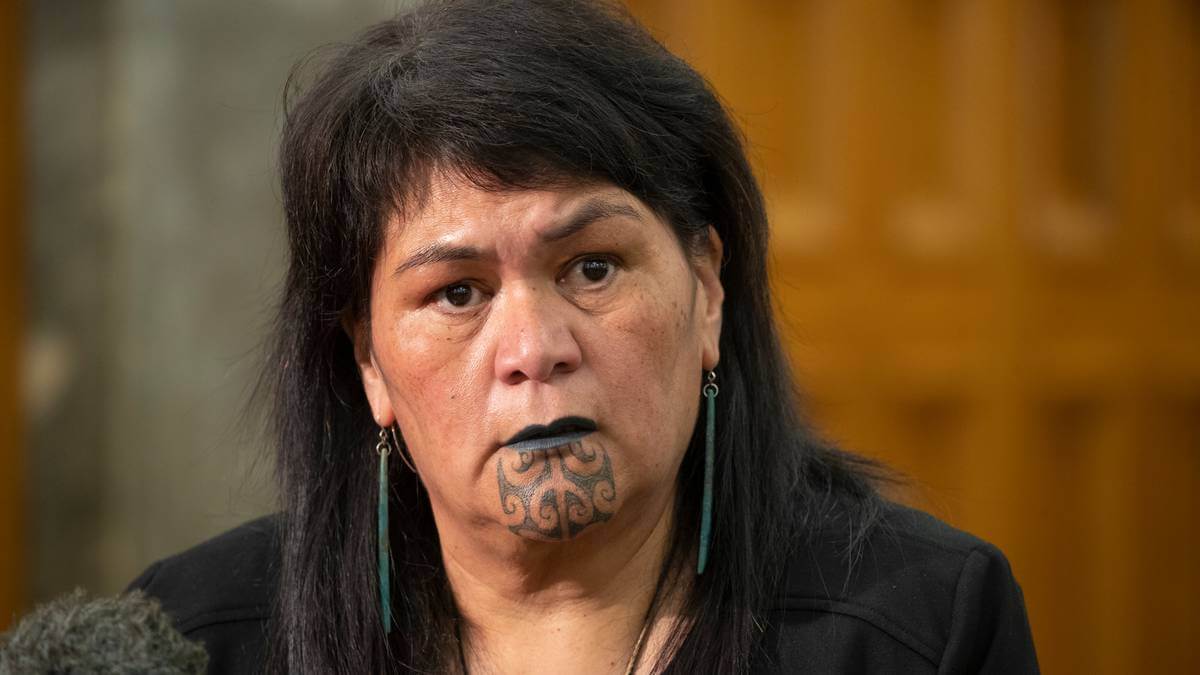During a meeting with Chinese Ambassador Wang Xiaolong on Thursday, New Zealand Foreign Minister Nanaia Mahuta reiterated her concern about the impact of China’s recent Security Cooperation Agreement with the Solomon Islands on regional security. Their meeting came just two days after Wang admitted that “all is not rosy” and that bilateral ties face a “fair share of challenges.”
Mahuta underscored the country’s commitment to a “values-based foreign policy” that enshrines “open democracy, human rights, and international rules and norms.” She added that regional security matters are “best undertaken through existing regional institutions.”
Meanwhile, taking to Twitter, the ambassador said he discussed with Mahuta how to “steer bilateral relations in the right direction.” The pair also touched on avenues for cooperation in the Pacific Island region and agreed on the importance of maintaining dialogue. He stressed that “China will continue to support Pacific Island partners by […] enhancing their indigenous capacity for growth.”
Quoting a Pacific leader: China provided much needed aid to us when no others were. As I elaborated to Minister Mahuta, China will continue to support Pacific island partners, by, among others, enhancing their endogenous capacity for growth.
— Wang Xiaolong (@AmbChina2NZ) June 2, 2022
Their meeting follows New Zealand Prime Minister (PM) Jacinda Ardern’s recent trip to Washington, at the end of which she released a joint statement with United States President Joe Biden that focused on human rights violations in Xinjiang, the South China Sea, Taiwan, China’s security cooperation deal with the Solomon Islands, and the erosion of freedom in Hong Kong.
The statement says: “In particular, the United States and New Zealand share a concern that the establishment of a persistent military presence in the Pacific by a state that does not share our values or security interests would fundamentally alter the strategic balance of the region and pose national-security concerns to both our countries.”
In fact, Wang Yi is wrapping up an eight-nation tour of the region, during which he signed dozens of bilateral agreements with Pacific nations, including the Solomon Islands, Fiji, Kiribati, and Samoa.
At our Council meeting yesterday we had opportunities to hear from Chinese Ambassador Wang Xiaolong @AmbChina2NZ and Minister @NanaiaMahuta. Great to be able to connect the public and private sector to engage on one of our most important relationships. pic.twitter.com/ZYR65EANyT
— NZ China Council (@nzchinacouncil) June 1, 2022
Furthermore, a leaked draft communiqué of a five-year plan released by Reuters prior to his trip revealed that China is also pushing up to ten Pacific island nations to sign a regionwide policing and security deal. This would build on its existing deal with the Solomon Islands, which potentially paves the way for it to deploy navy warships to the region and even station security forces in the country.
Ardern and Biden’s criticism of China’s expanding reach in the region prompted the Chinese foreign ministry spokesperson on Wednesday to say that their joint statement “smears China” and “deliberately hypes up the South China Sea issue.” He also slammed their “gross interference” in China’s internal affairs on topic such as Taiwan, Xinjiang, and Hong Kong.
He stressed that the deal with the Solomon Islands is mutually beneficial and “does not target any third party” or “intend to establish a military base,” as Western nations fear. He said such fears are a product of the US’ “hegemonic mentality,” wherein it attempts to stiffly “normal security cooperation” between other countries. He thus alleged that New Zealand and the US have “ulterior motives to create disinformation and attack and discredit China.” “Furthermore, he called on New Zealand to “adhere to its independent foreign policy in order to “safeguard regional peace and stability.”
China’s Foreign Ministry erupts at New Zealand:
— Will Glasgow (@wmdglasgow) June 1, 2022
“I would like to take some time to make a detailed response,” said spokesman Zhao Lijian at his Beijing press conference.
Even by his windy standards this was something — and full of phrases so familiar to Australians! pic.twitter.com/wWvhHwPcyd
In a similar vein, Chinese ambassador Wang said bilateral ties may be going through a “blip.” He said, “It is no surprise, nor any secret, that some of these differences are inevitable, given the divergence between us in historical and cultural backgrounds and levels of economic development.”
Taking China’s angry response into consideration, Mahuta dodge questions about whether she discussed the joint statement with the Chinese ambassador, saying, “A range of things were commented on, but not in any particular detail.” She added, “[the meeting] canvased a range of issues in relation to the Pacific, the bilateral relationship, the fact we are recognising 50 years of a relationship with China. New Zealand had a number of firsts, the free trade agreement, things like that.”

